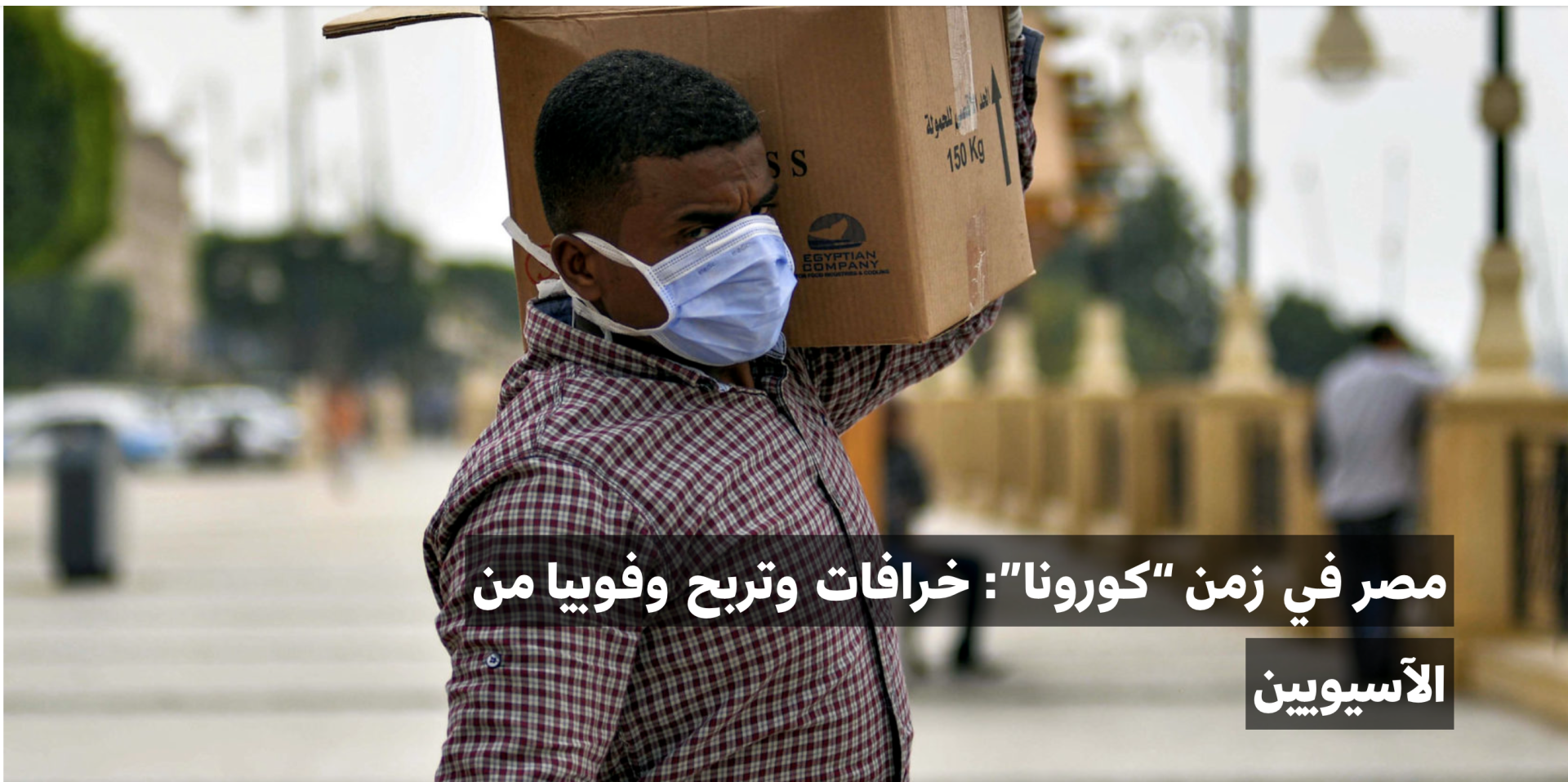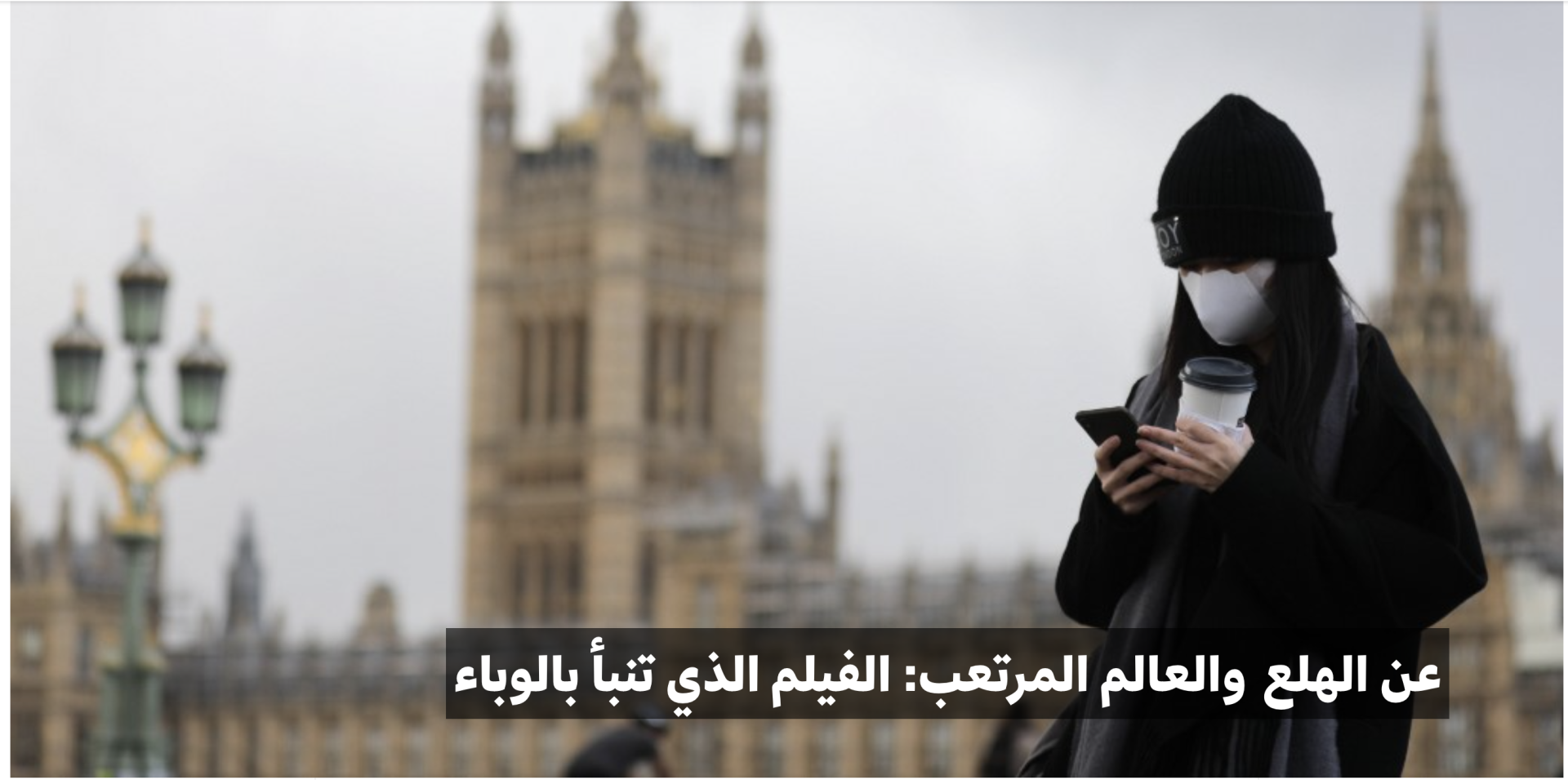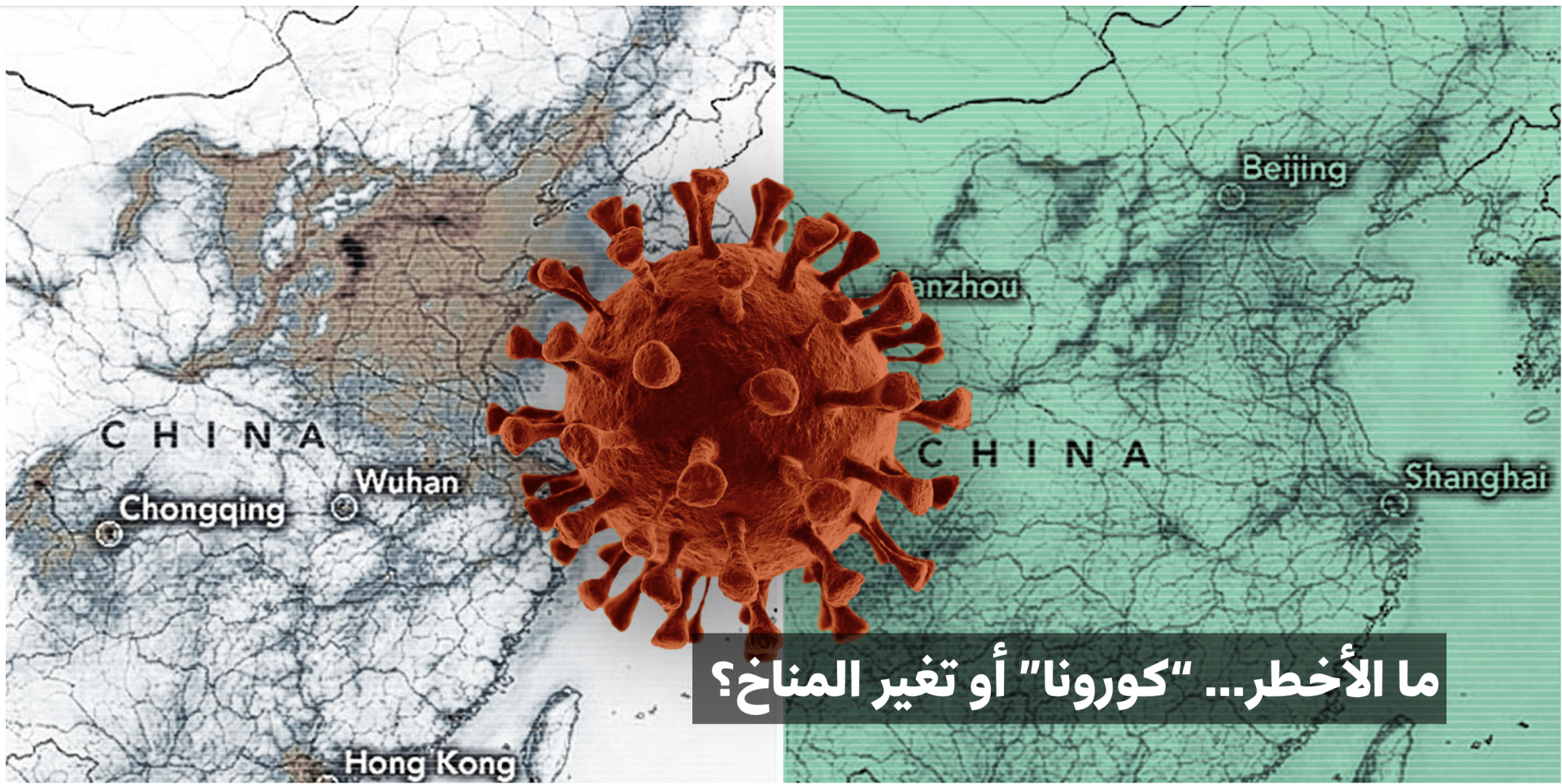
BEIRUT, LEBANON - FEBRUARY 22: A press member wears a mask to protect herself from coronavirus as Lebanese Health Minister Dr. Hamad Hassan (not seen) makes a speech as he holds a press conference on first coronavirus case at the Rafik Hariri University Hospital in Beirut, Lebanon on February 22, 2020. (Photo by Hussam Chbaro/Anadolu Agency via Getty Images)
Lebanon: A growing demand for solution-oriented journalism
In the middle of the coronavirus crisis, Lebanese media Daraj are seeing a growing demand for solution-oriented journalism.
Could this be a chance for journalism to win back the trust of the people?
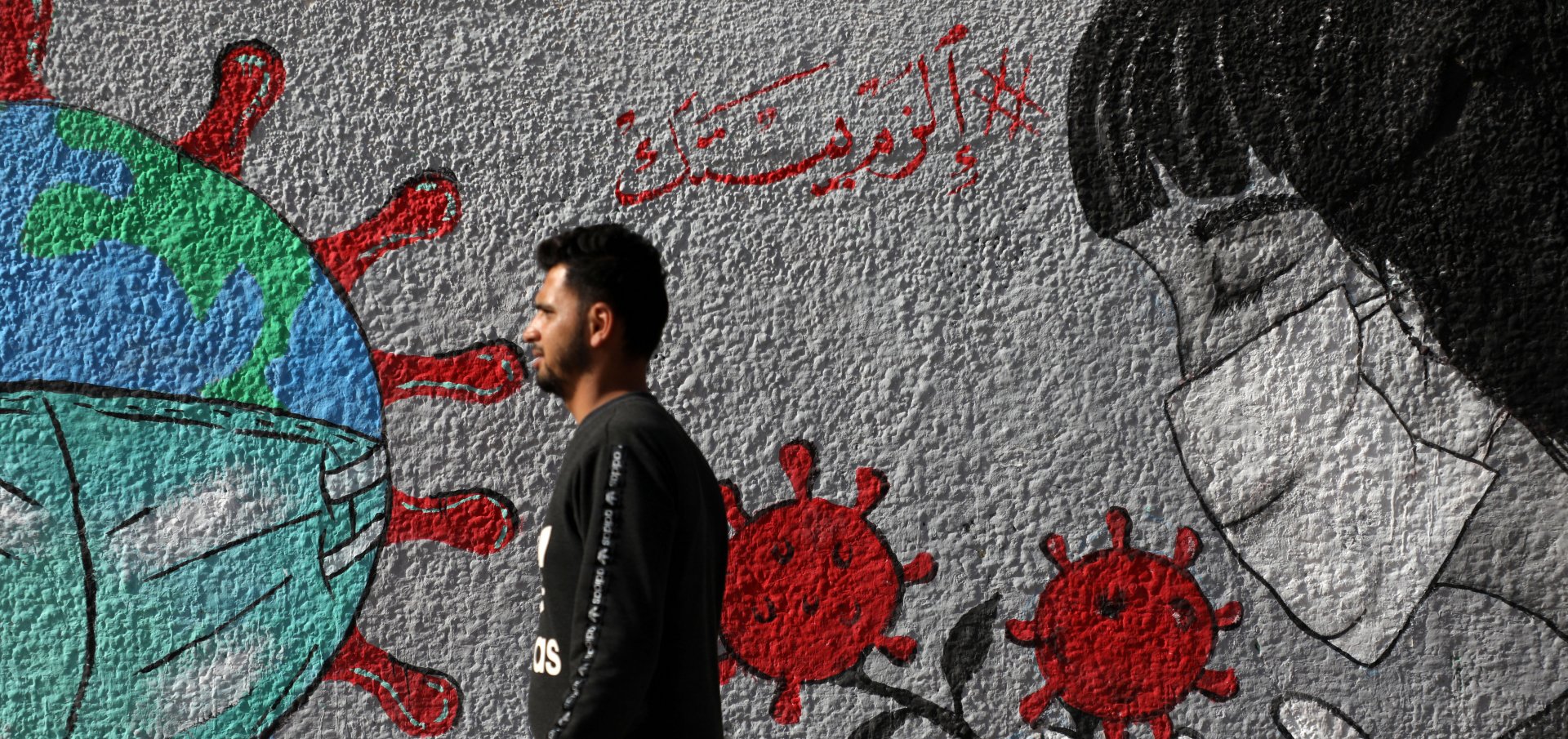
CRISIS HIGHLIGHTS NEED FOR RELIABLE INFORMATION
Demand for “solution-oriented journalism”
Since the launch of their Covid-19 site, about half of the content produced at Daraj has been on the coronavirus, and in the same period the readership has been growing rapidly:
“I think that in a time of crisis, where people don’t understand what’s going on, they are hungry for information that can explain what’s going on, that can comfort them in terms of what to expect; where will the medical solutions come from, what will this mean for the economy. People are eager to get serious, credible information. There is a sense of emergency in our team. Everyone seems motivated and are doing the best that they can. When we’re seeing how the audience is reacting to our stories, it’s giving everyone a boost,” says Alia Ibrahim.
Top 3 most read Covid-19 stories on Daraj
“Today scientists are more powerful than politicians and religious leaders”
Alia Ibrahim
DARAJ
At Daraj they follow a constructive, solutions-oriented approach often bringing in scientists with a variety of backgrounds and adding research-based perspectives to help inform discussions among their readers.
“Deconstructing academia” is an expression often used by Daraj editors to describe how journalists bridge the gap between academics and their readers.
“The other day I read that only one percent of academic work ever gets cited. Imagine all this time and effort spent. But now you have an audience that’s interested. We’re not going to get that often, because luckily we won’t have a virus crippling societies every couple of years. So we might as well look at the opportunities we have now,” says Alia Ibrahim.

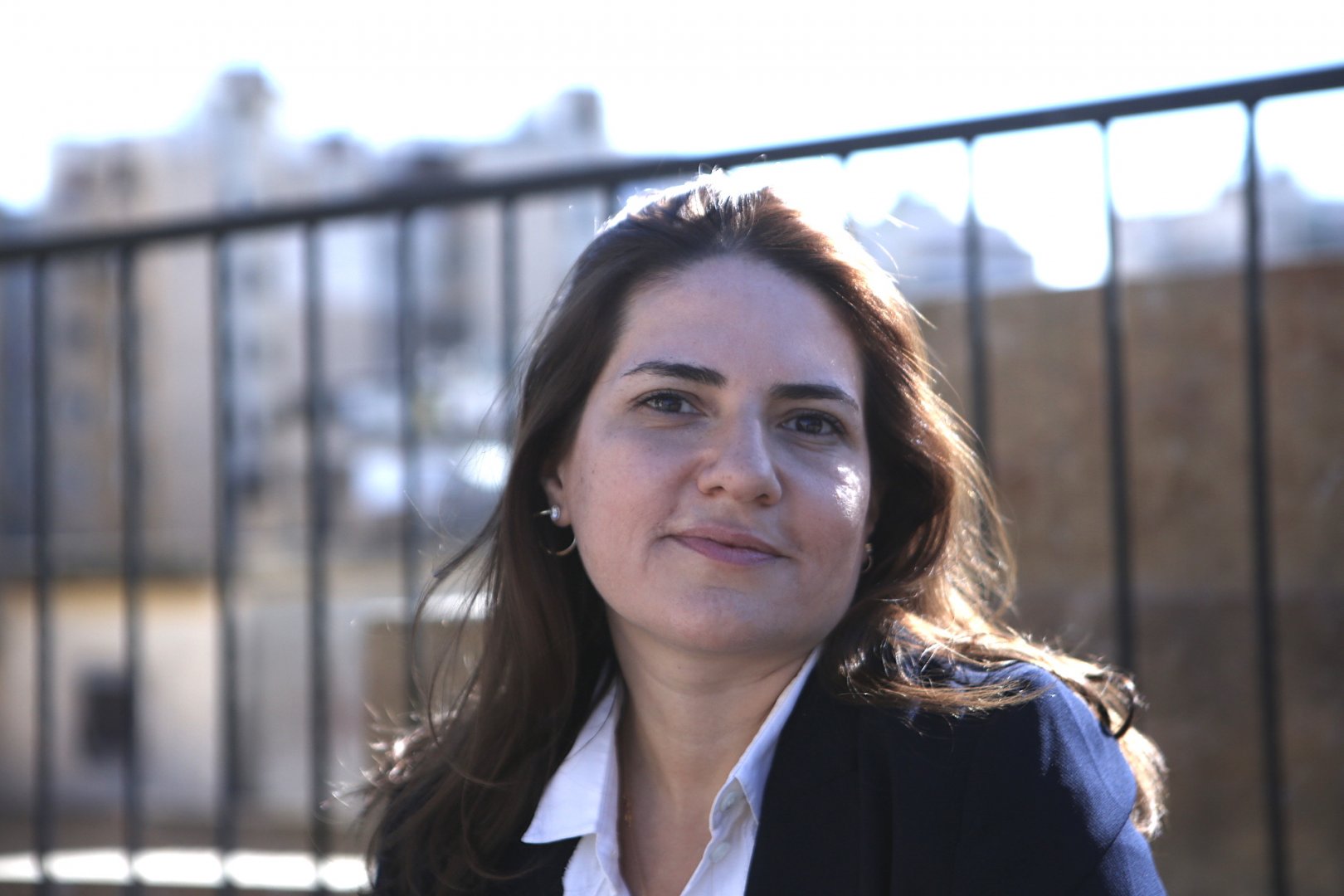
“In this period of time where the world is on alert and is in a state of lockdown, we have an opportunity as independent media to try and win back the loyalty of the people and become the reference, become the reliable source of information.”
Alia Ibrahim
CEO AND CO-FOUNDER, DARAJ
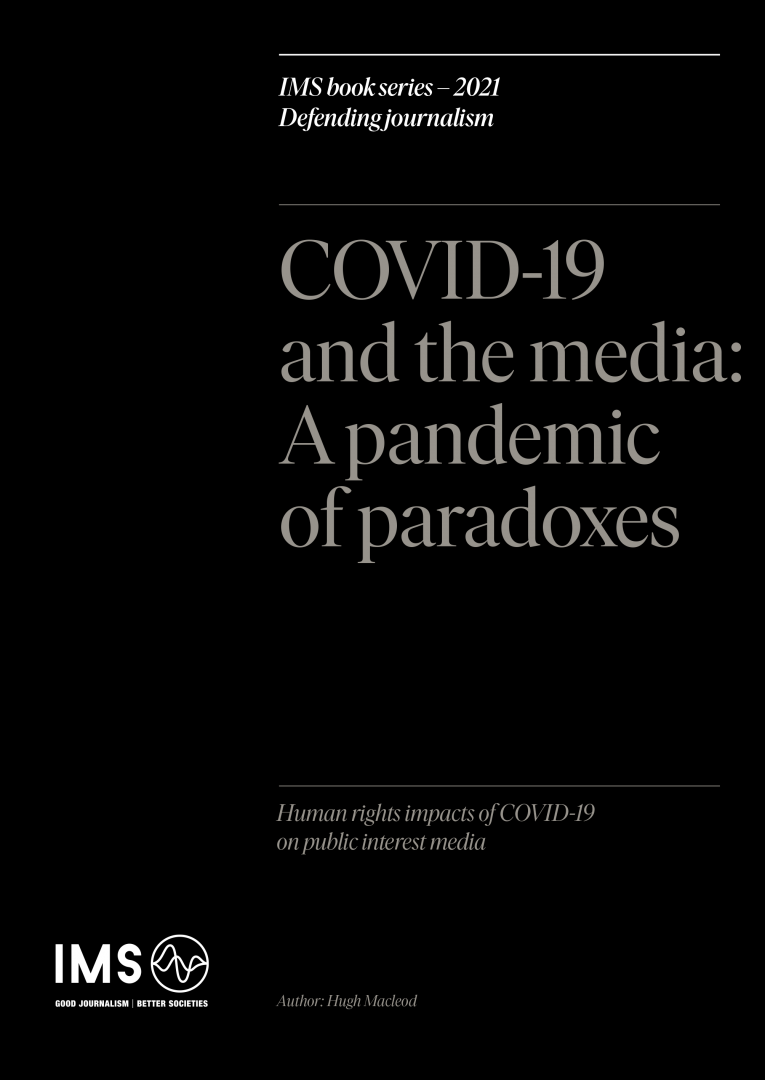
Covid-19
A TURNING POINT FOR INDEPENDENT MEDIA?
Around the world, Covid-19 is re-awakening people to the vital role that independent media plays in their societies.
From Afghanistan to Zimbabwe, many independent media outlets are seeing their audiences grow as people realise they need quality information to navigate the crisis.


